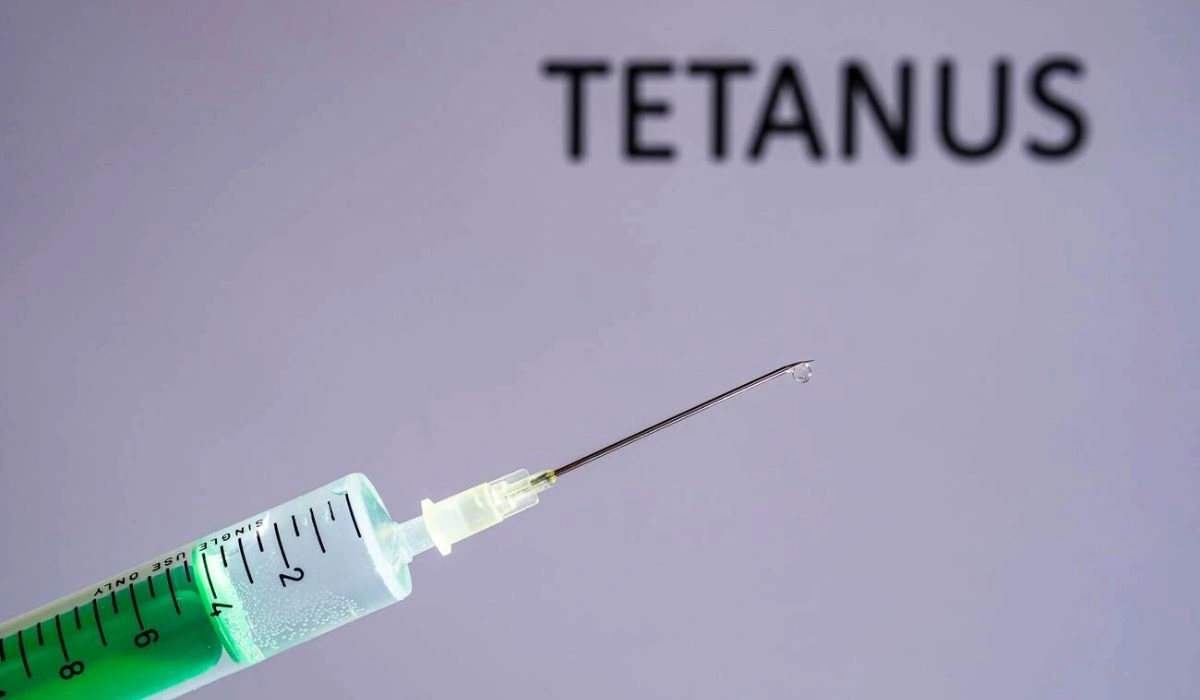The infection resulting from exposure to Clostridium tetani is referred to as tetanus, commonly known as lockjaw. This type of infection is mostly present in the soil, dust, and dung of animals.
The bacteria can enter the body through an open wound, especially if it is deep and dirty, and produce a potent toxin that affects the nervous system, which results in muscle stiffness, spasms, and difficulty swallowing. Quick action and proper medication determine a full recovery. This article will delve into the best treatment for tetanus infection. Let’s dive in.
Prevention Is Better Than Cure: Immunization Against Tetanus
The disease occurs as a result of germs such as the tuberculosis bacillus among individuals whose immunity has been undermined. Tetanus protection can be provided by routine vaccinations, e.g., tetanus toxoid vaccination. Usually, this vaccine is given together with other shots, such as diphtheria and pertussis.

However, routine tetanus shots help maintain protection against a disease that can turn deadly. It is prudent for you and your family members to have their vaccinations at least once every ten years, especially if the previous dose was over a decade ago.
As a fact, prevention is better than cure. That’s why immunization is crucial for protecting one’s health and life.
Also Check: Can Nasal Polyps Be Cured Naturally? Find Natural Cures That Work Fast
ER Treatment: Tetanus Cleaning/Wound Care Package
- Cleaning the wound: In case of puncture or deep wounds, ensure to clean this well with soap and water to avoid contamination by the C. tetani bacteria. This helps prevent infections, which may lead to tetanus.
- Tetanus vaccination: If the immunization status of one is not up-to-date or the wounds are risky, such as a dirty or contaminated one; there is a possibility that a healthcare professional will give a person with tetanus in the emergency room. The first booster dose is administered immediately, providing resistance against tetanus.
Medical Interventions: Treating Tetanus Infection.
- Tetanus Immuno Globulin (TIG): TIG may be prescribed for people showing symptoms of tetanus in case the person gets injured by a dangerous thing with tetanus potential. It’s an antitoxin medicine made out of antibodies, that eliminates the poisons made by C. tetani bacteria. It halts the movement of infection and lessens it.
- Antitoxin administration: Antitoxin, for this reason, is used by healthcare workers in cases where the illness is severe and an infection is manifesting itself. It also stops any continued spreading of the infection and alleviates its symptoms
- Antibiotics: The most commonly administered drugs to eliminate C. tetani are antibiotics like metronidazole and penicillin. It is efficient in halting the production of further toxins that could have otherwise spread, thus controlling the infection.
Symptom Management
- Wound care: Cleaning the site at each dressing change can prevent infection; it may also be necessary to keep checking if there are any signs of an infection. Some of the dead tissues need to be eliminated for them to start healing. Surgical debridement of wound cleaning can be done where required.
- Muscle relaxants and sedatives: Medicine such as diazepam or baclofen can also help ease muscle spasms and stiffness. Drugs like calcium gluconate and magnesium sulfate are used to relax muscles, thus reducing tetanus pain.
- Breathing support: Severe tetanus can cause difficulty breathing as it attacks the muscles of breathing. The infection can sometimes prove difficult to resolve,e and hence, mechanical ventilation or other breathing assistance might be needed to aid respiratory function.
Read More: Is Scarlet Fever Dangerous? What Causes Scarlet Fever?
Conclusion
In a tetanus infection, treatment is needed right away to ensure a full recovery. Immunization prevention and appropriate wound care are very important in reducing the risk of infection. Treatment for tetanus when it occurs comprises several parts, including the use of tetanus immunoglobulin, antitoxin administration, antibiotics, wound care, and symptomatic management, which are important components of any holistic approach to treating tetanus. By understanding and seeking the best treatment options available, individuals can ensure a higher chance of recovery and regain a healthy and active life.